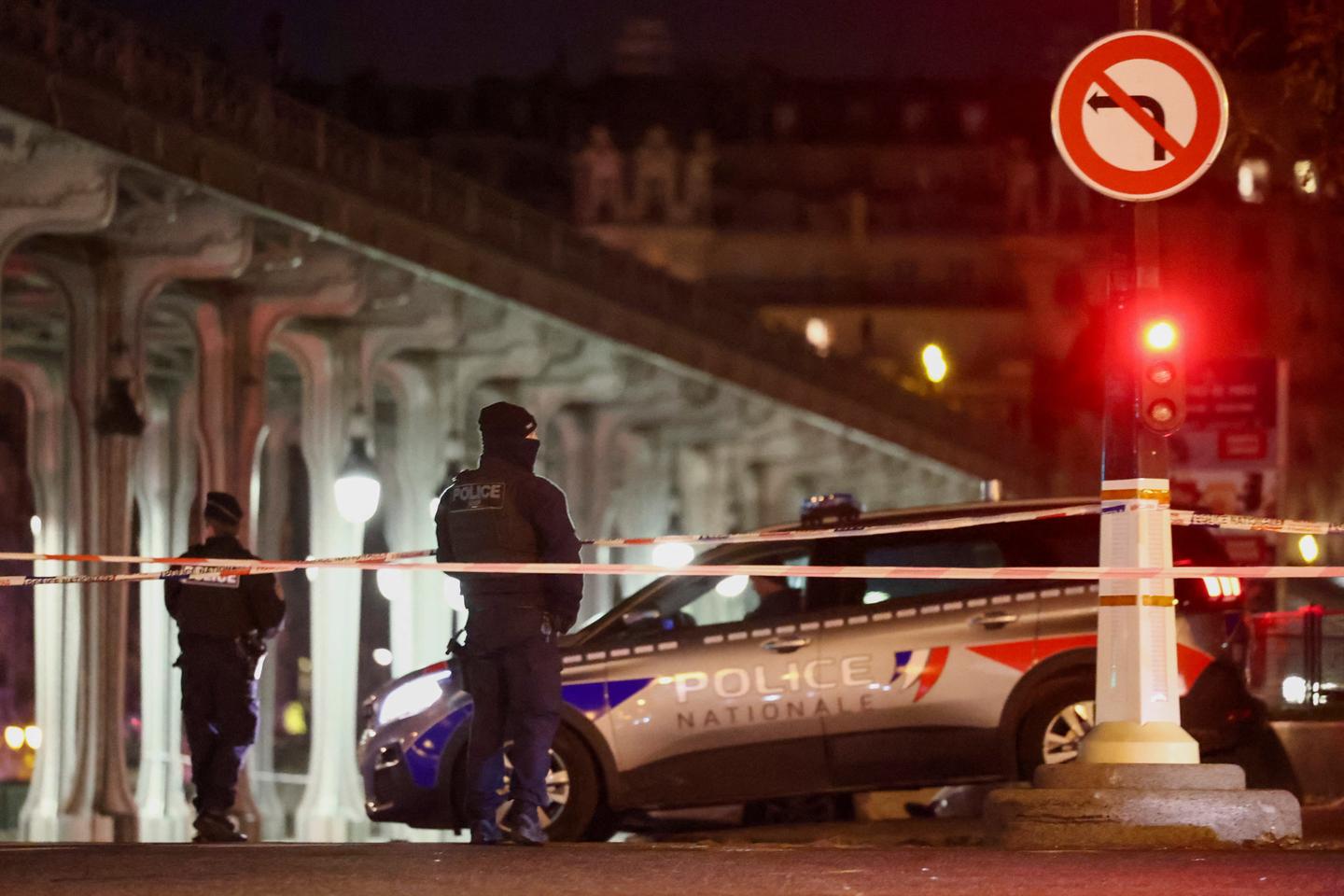


The autumn of 2023 saw a resurgence in the risk of terrorism in France. Two knife attacks were committed in the name of the Islamic State organization. Each, in its own way, raises the problem of how to prevent terrorist attacks and monitor radicalized individuals. On the morning of October 13, Mohammed Mogouchkov, a young Russian of Ingush origin with no criminal record, killed French literature teacher Dominique Bernard outside his school in Arras and wounded two others. On the evening of December 2, Armand Rajabpour-Miyandoab, a 26-year-old French-Iranian dual national, who had previously been convicted in 2018 on terrorism charges, killed a German tourist near the Eiffel Tower in Paris and wounded two others before being arrested.
Mogouchkov had been registered on the Alert Processing Register for the Prevention of Radicalization of a Terrorist Nature (FSPRT, which comprises 5,200 people) in February 2021 and was already on the "S register" – a broader classification that includes the entourage of people suspected or convicted of terrorism, which was the case for Mogouchkov's brother. According to the General Directorate of Internal Security (DGSI), he had been under physical surveillance and wiretapping since the summer of 2023. His home had even been visited on the day before the attack.
It cannot therefore be said that Mogouchkov wasn't on the radar of the relevant authorities. What can be done when an individual is clearly identified as dangerous, yet with no signs indicating imminent action? The prosecutor of the French National Anti-Terrorist Prosecutor's Office (PNAT), Jean-François Ricard, answered this question in an interview on commercial radio station RTL on November 7: "To arrest a person in a state governed by the rule of law, we need tangible evidence. Before he took action, if we knew he was radicalized, we didn't have this evidence. It would have been extremely difficult to prosecute him beforehand."
Psychiatric disorders
Many have pinned their hopes on artificial intelligence to identify abnormal behavior on social media or through video surveillance. However, AI cannot be transformed into predictive policing, at the risk of falling into a Minority Report-style world (referring to Steven Spielberg's 2002 sci-fi movie, adapted from a novella by Philip K. Dick, in which modified human beings can predict murders, thereby raising the question of free will).
Rajabpour-Miyandoab, on the other hand, has the dual distinction of both suffering from psychiatric disorders and having completed the Pairs (short for Individualized Support and Social Reaffiliation Program) deradicalization program, run by Groupe SOS. In late April 2023, at the end of his probation, the coordinating doctor had identified no psychiatric danger from him and concluded that it was not necessary to resume treatment. The DGSI therefore resumed surveillance of him, which was unsuccessful, despite the fact that his mother had reported him to the police at a time when he seemed to be going through a phase of isolation.
You have 55% of this article left to read. The rest is for subscribers only.
